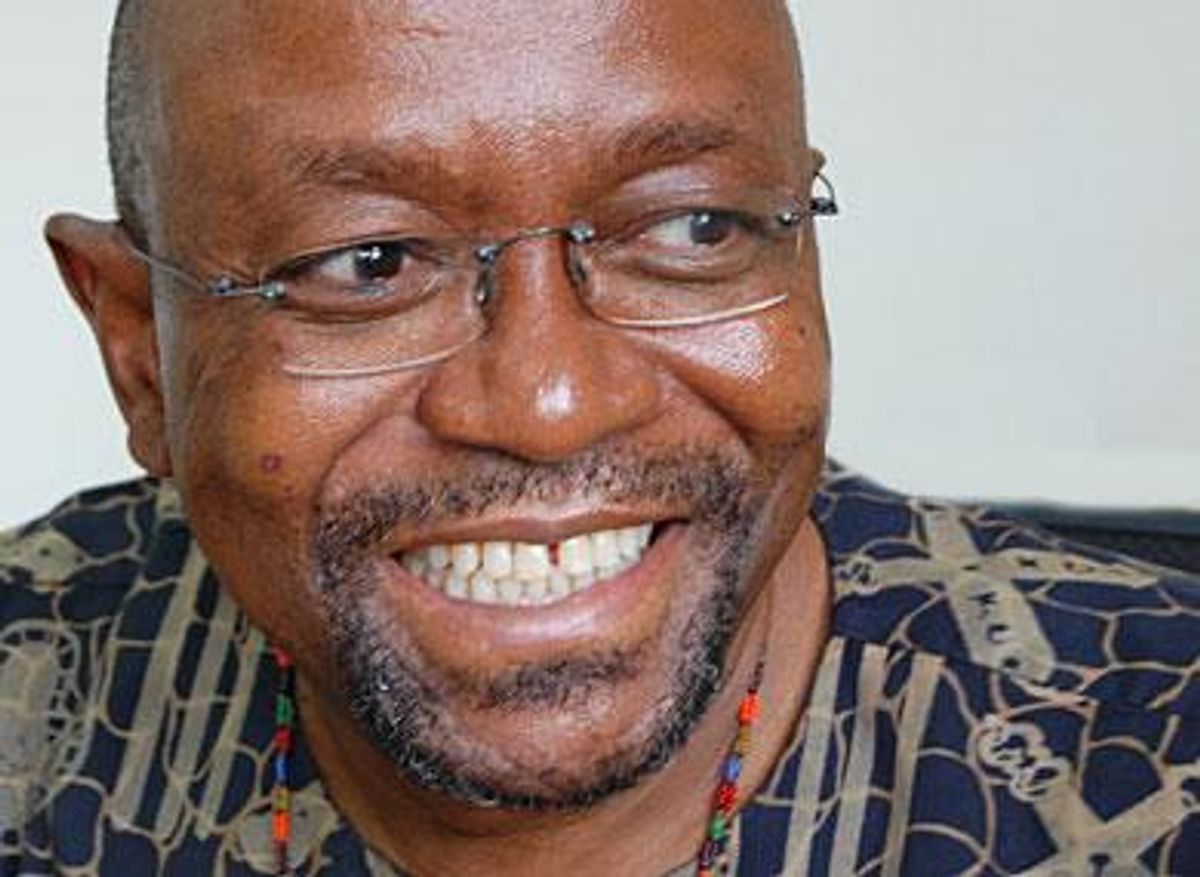HIV
Op-ed: As Long as Homophobia Lives, AIDS Won't Die
Op-ed: As Long as Homophobia Lives, AIDS Won't Die

By continuing to use our site, you agree to our Private Policy and Terms of Use.
Op-ed: As Long as Homophobia Lives, AIDS Won't Die
Op-ed: As Long as Homophobia Lives, AIDS Won't Die

Zambian AIDS activist Mannasseh Phiri was once as homophobic as most health officials in the southern African nation. But after Phiri met an out, HIV-positive man, he had an epiphany about gays and the disease -- he now warns that if others like him don't have a similar change of heart, AIDS will continue to ravage the continent, and the world.
History has a very unfortunate way of repeating itself.
Thirty years ago, the gay community in the West faced an unprecedented crisis -- a new, unknown virus that was taking the lives of gay men from San Francisco to Stockholm. It was a medical crisis exacerbated by silence from politicians and society at large, leaving the gay community completely alone -- for years -- in its fight to educate people and save lives. Only when the broader public realized that this virus -- now known as HIV -- crossed all sexual orientation, gender, race, and national border lines did governments, corporations, and the media finally throw their weight into fighting the epidemic.
In my country, Zambia, the reverse scenario has taken place. The HIV/AIDS crisis is largely a public issue, and the government, media, and international and local organizations are committing huge resources to protect babies, couples, and individuals from HIV infection, and to treat those infected. Today, more than 400,000 Zambians are receiving free HIV/AIDS treatment and care, and millions more are being reached with HIV testing and prevention messages, tools, and services. Except the gay community.
Due to endemic homophobia and fear in Zambian society, both self-identified gay men and MSM (men who sleep with men) are completely absent from the HIV discussion, leaving them uneducated about HIV risk, unreached by prevention and treatment services, and alone in their fight against HIV/AIDS. It is an unacceptable scenario -- one that threatens our ability to turn the tide of HIV/AIDS in Zambia and across most of Africa. To break the status quo, we must take a hard look in the mirror to reset our priorities. Six years ago, I had to do the same thing at a personal level.
Until 2005, I was as homophobic as the next well-educated, well-traveled Zambian man. My professional and personal life was thriving. I had established myself as a family physician and a well-known broadcaster and newspaper columnist. In many ways, through my activism and media profile, I had become a well-known and recognized face of Zambia's movement to end HIV/AIDS. But all my work -- and my words -- left out one of Zambia's most vulnerable populations.
While I did not tolerate or approve of homosexual people and homosexual activities, I did not mind their existence in Zambian society as long as they kept their distance from me, my family, and my career. What I did not realize was that my prejudiced line of thinking (as an "educated HIV activist," no less) was exactly why the gay/MSM community was being left out of the HIV/AIDS discussion. Left alone. Left, in many cases, to become infected, get sick, and die.
Everything changed the day I met Hayden Horner during a training I helped conduct for senior journalists from the southern Africa region in late 2005. Hayden raised his hand in the middle of a session I was leading on antiretroviral drugs. He stated that he had contracted HIV from having sex with multiple male partners, and was now using antiretrovirals. Later that day, I sat down with Hayden and listened to his story. I listened as he recounted the struggle he had faced trying to find information about HIV/AIDS to preserve not only his life, but the lives of his friends as well.
Hayden told me about his weekly "Hayden's Diary" published on Plusnews; an online UN news service. In it he wrote with courageousness and feeling about his life as a young gay South African journalist living with HIV. As he spoke, he became more than simply another person living with HIV to me (and I had seen many.) He personified my failure as a physician -- and as an activist -- to protect the health and future of all Zambians.
Viral post saying Republicans 'have two daddies now' has MAGA hot and bothered